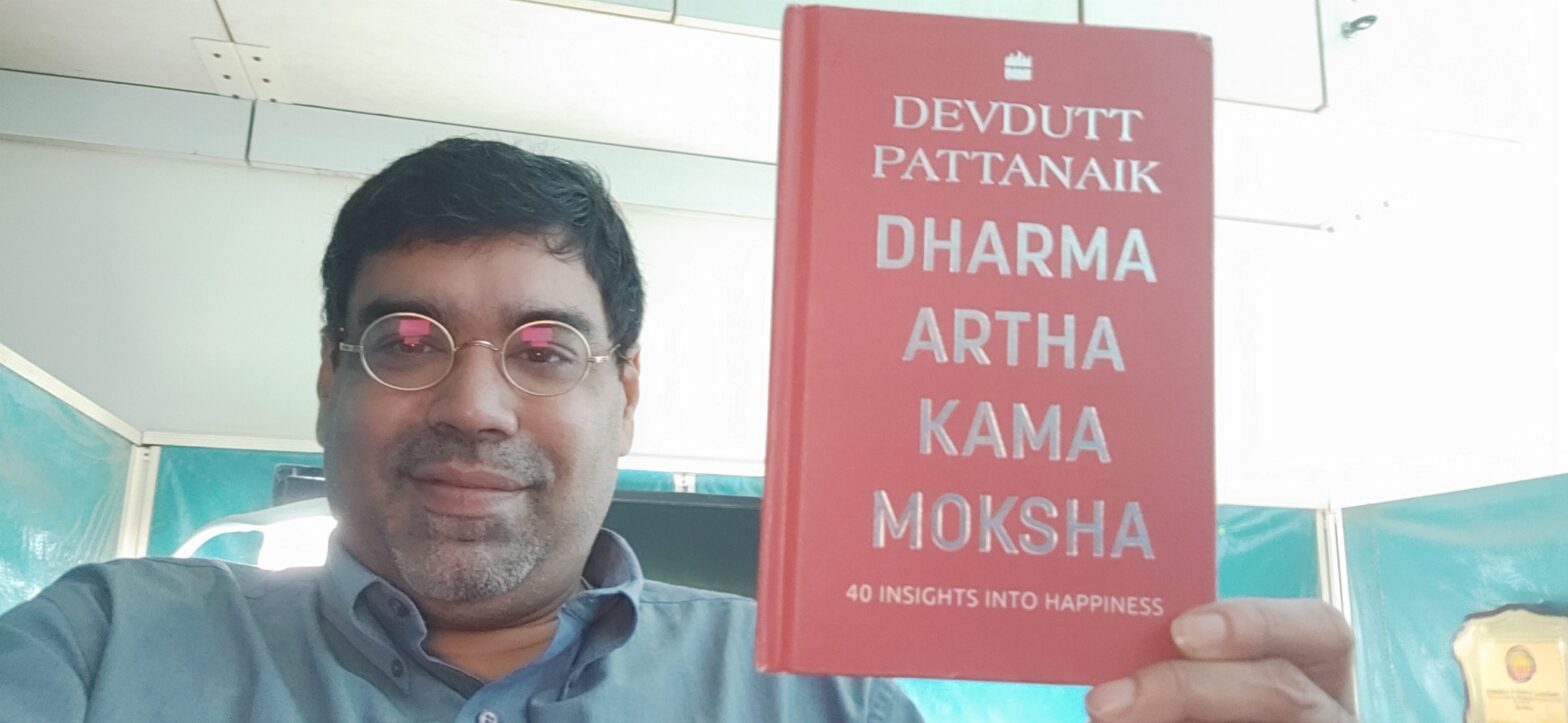Background – I want to be Happy
Earlier this year I read an investment analyst’s report on Future of Happiness. The subject was very interesting given the current times in Covid. A lot has changed in the world in these times. Firstly, the pace of digitization and social isolation during extended periods of lockdown and secondly, losing some of our near and dear ones who succumbed to Covid in a tragic event. This crisis of mental and emotional well-being and suffering that me and fellow humans have undergone made me wonder about what happiness is and my quest for happiness alone. My journey was a difficult one but, I did see a sense of happiness and I am sharing this through my blog and my podcast.
The Happiness Movement
Even before Covid, in 2012, the United Nations (UN) declared March 20 to be observed as the International Day of Happiness. The day recognizes that happiness is a fundamental human goal and calls upon countries to approach public policies in ways that improve the well-being of all peoples. Venezuela was the first country to establish a Ministry of Happiness. Several other countries followed suit. Closer home, Madhya Pradesh Government under the BJP rule established a Department of Happiness and organized a week-long Festival of Happiness in 2017. The issue here is inspite creating bureaucratic and governance structures, the citizens and people were unhappy. This let me to believe that there is something fundamentally wrong. Therefore let me first define happiness and then decode how to achieve happiness.
What is Happiness?
A Google search on a formal definition of happiness lead me to the various online dictionaries and no formal definition of happiness. This fuzzy description of what we feel under the wide umbrella of happiness is a wide range of positive human emotions that we go through. However, a definition of happiness is well articulated in the book “The How of Happiness”, by positive psychology researcher Sonja Lyubomirsky as “the experience of joy, contentment, or positive well-being, combined with a sense that one’s life is good, meaningful, and worthwhile.” After having defined happiness, it’s now time to understand how we experience happiness?
How do We Experience Happiness?
The Western world scholars have two distinct explanations on Happiness and how to experience it? These are:
- The “More” Approach: Here happiness is experienced by acquiring material objects that maximize pleasure and minimize displeasure. This approach hinges the fact that happiness depends on acquiring more things or experiences, depends on factors outside of one’s body.
- The “Enough” Approach: Here happiness is happiness is experienced by our ability to ride the waves of human experience and cultivate internal wellness, even through turbulent times.
These two approaches however do not yield a perfect sense of emotional and mental well being as an outcome of happiness as it’s a bit alien to my values and personal belief system.
Indian Approach to Experiencing Happiness
Earlier this year, Dr. Devdutt Patnaik, India’s leading mythologist, speaker, illustrator and author, known for his writing on Hindu sacred lore, legends, folklore, fables and parables www.Devdutt.com released a book “Dharma, Artha, Kama, Moksha – 40 Insights into Happiness” This book resonated very well with me and my values when I read it. In fact, I invited Devdutt to my QuoteUnQuote with KK | Kapil Khandelwal (KK) Podcast. We discussed and dissected many issues around the whole architecture of the 40 insights and the 4 key pillars to experiencing Happiness.
Please read the book and listen to the Podcast “The Mantra for Happiness” to practice and experience Happiness in your life!

